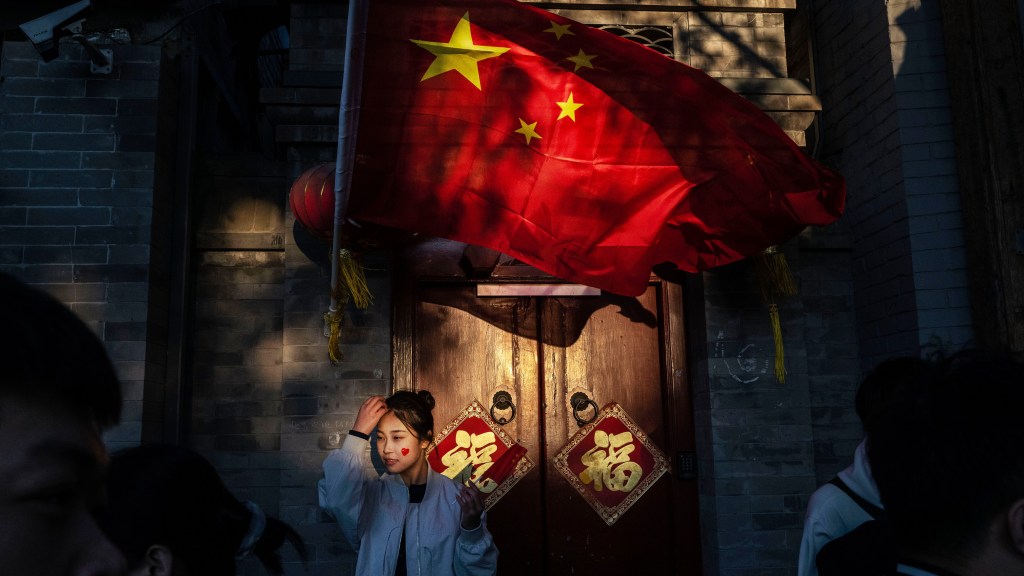Chinese Stocks Experience Largest Decline Since Pandemic Outbreak
Chinese equities faced their most significant one-day drop since the onset of the pandemic, raising concerns that the government’s extensive strategies to rejuvenate the second-largest global economy may not be sufficient.
The Shanghai Composite index dropped by 6.6%, while the blue-chip CSI 300 index saw a decline of 7.1% on Wednesday, marking the sharpest single-day percentage fall since February 2020. In Hong Kong, the Hang Seng index also experienced a loss, closing down by 1.4%.
This dramatic sell-off followed a series of gains in Asia Pacific markets, which had reacted positively to the recent stimulus initiatives announced by Chinese authorities, including reductions in interest rates.
Traders began to offload stocks after the conclusion of China’s seven-day Golden Week national holiday, amid rising speculation that the finance ministry will unveil additional economic measures on Saturday.
In a bid to stimulate consumer spending and revitalize sluggish growth rates, the Communist Party of China has rolled out a significant economic stimulus package since the pandemic, decreasing borrowing and mortgage costs.
Following these measures, Chinese stock prices surged over 20% as investors anticipated that the monetary easing would signal the beginning of a broader stimulus initiative.
Economists have emphasized that more aggressive and direct actions, such as providing cash transfers to consumers, are essential to encourage hesitant consumers to spend, especially after two years of stringent lockdowns. “For reviving investor confidence, it is crucial for policymakers to offer more concrete fiscal support and detailed implementation plans,” stated Shivaan Tandon, a market analyst at Capital Economics.
“While it seems probable that additional support will be offered, it remains to be seen whether it will be sufficient to reignite the stock market’s upward trend or facilitate the essential shift in economic focus from investment to consumption,” Tandon added.

Since the pandemic, China has aimed for an official economic growth target of approximately 5%, a goal it is likely to miss this year. According to World Bank estimates, growth is projected to decline to 4.8% this year, down from 5.2% in 2023, and to drop further to 4.3% by 2025. Policymakers are also confronting deflation, a situation characterized by falling prices that exacerbate the debt burden on households and businesses.
“The critical issue is whether the stimulus can effectively alleviate consumer anxieties regarding decreasing salaries, declining property values, and fears surrounding illness, aging, and unemployment,” remarked Aaditya Mattoo, chief economist for East Asia at the World Bank.
President Xi Jinping has shown hesitation in employing more forceful fiscal policies, instead preferring to revive the economy through traditional export and industrial strategies.
Erik Lueth, an emerging markets economist at Legal & General Investment Management, noted that consumers are trapped in a liquidity crisis, “sitting on homes that are worth significantly less than their perceived value, coupled with high unemployment. Consequently, people are reluctant to spend and are focused on reducing debt. In such circumstances, monetary policy proves to be largely ineffective.”




Post Comment